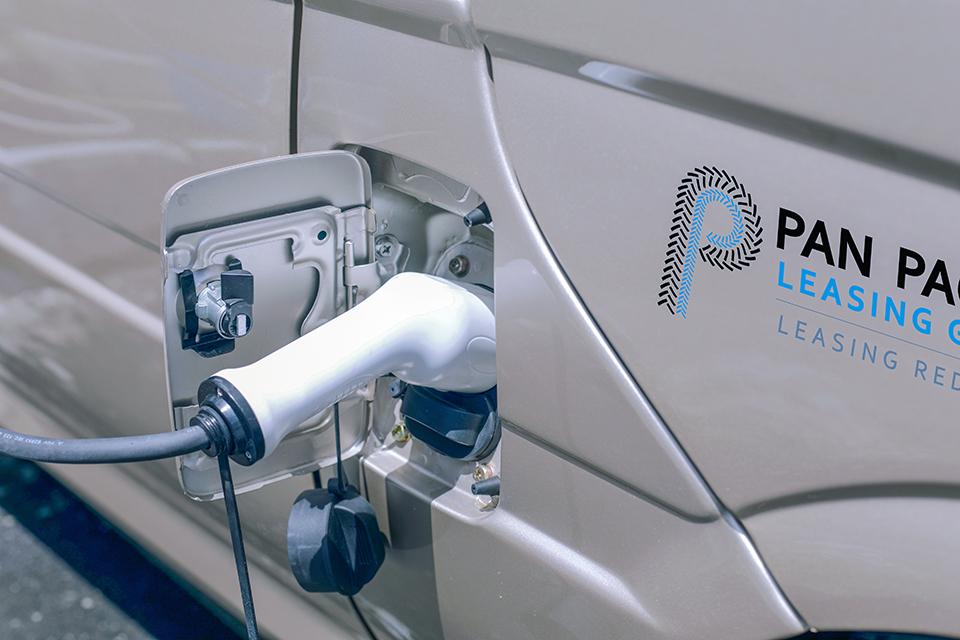Global warming and carbon emission are rising and alarming concerns for the world. The global CO2 emission increased from 1% to a new record high of 36.6 billion tonnes.
Singapore ranks 116 in population but still emits around 8.31 metric tons of CO2. With time, the greenhouse effect is accelerating the climate crisis. To counter this issue, countries must play their part in adopting green solutions, including using electric vehicles.
What Are Singapore's Sustainability Goal And Green Plan 2030?
The Singapore government is determined to pursue sustainability and move the country to a greener vision. The goal is de-carbonisation the nation and make it less dependent on combustion-based emery sources. The following five ministries spearhead the vision
- Ministries of Sustainability and the Environment (MSE)
- Trade and Industry (MTI)
- Transport (MOT)
- National Development (MND)
- Education (MOE)
After Singapore's green plan initiative, businesses like Pan Pacific (a light commercial vehicle leaser) have added electric vehicles to their fleet. Here is what Jeremy Ng, Pan Pac’s director has to say about the transition from ICE (internal combustion engine) to electric vehicles
"I think we're at a decisive moment where we must reevaluate the cost of ICE fleets. Electric vehicles significantly reduce the lifetime carbon footprint and help us build a sustainable future.

How Do Conventional Vehicles Affect The Environment?
According to reports, road vehicles are responsible for nearly 74% of carbon dioxide emissions, of which almost 30% comes from freight vehicles. Road vehicles are the largest contributor to greenhouse gases because their conventional internal combustion engines (ICE) produce the following harmful compounds.
- Carbon dioxide (C02)
- Carbon monoxide (CO)
- Nitrogen oxide (NOx)
- Hydrocarbons (HC)
- Particulate matter
These gases are a few of the many that ICE engines emit. With millions of vehicles emitting these gases daily, the greenhouse effect is increasing at accelerated rates. That is why electric vehicles have significant importance in sustainable development.
Why Must Businesses Adopt Electric Vehicles?
Electric vehicles not only play their part in sustainable development but also provide significant benefits to businesses
- Electric vehicles are more fuel efficient than gasoline-powered cars. They convert 42% more stored energy. Moreover, engines that work on liquid fuel emit gases like carbon monoxide that are extremely harmful to the environment and life
- In addition, electric vehicles are also cost savers. Fuel is not the only cost associated with vehicles. You have to consider the maintenance costs too. Electric vehicles outrun diesel engines by lower energy consumption giving better output. A study also confirmed that electric engines have considerably higher efficiency than ICE engines
- Electric vehicles may have a higher upfront cost but are highly beneficial in the long run. Because of the low fuel consumption and fewer parts to replace or maintain, electric vehicles have extended life span.
In support to get more companies to switch to the use of electric vehicles, companies like Pan Pacific Leasing run occasional promotions. Pan Pacific’s current promotion consists of 6 months’ worth of charging credit (worth approximately S$600) that can be used to 230 charging stations around the island. For more information check out www.panpacificleasing.com.sg
Conclusion
The greenhouse effect poses a significant threat to our environment. That is why individuals and businesses must play their part in reducing greenhouses gases emission by promoting and adopting electric vehicles. Companies in Singapore should also align their operation to the country's 2030 green plan and start leveraging commercial electric vehicles from leading fleet providers.
w. www.panpacificleasing.com.sg
fb. www.facebook.com/PanPacificLeasing
ig. www.instagram.com/panpacificleasing
l. www.linkedin.com/company/pan-pacific-van-truck-leasing-pte-ltd












